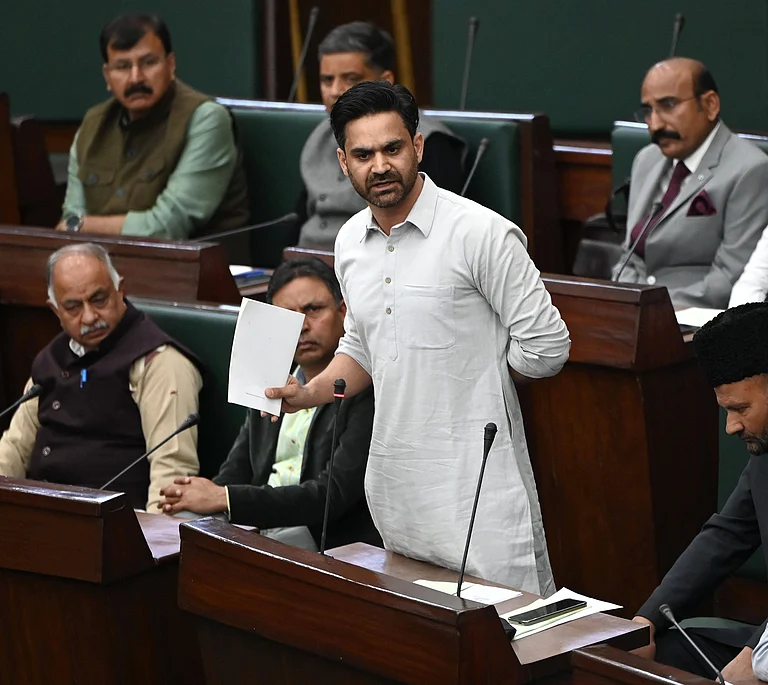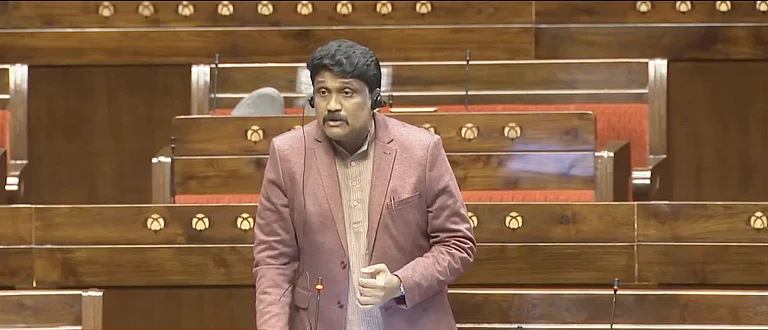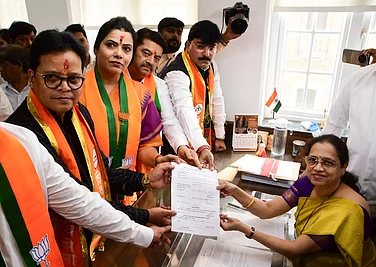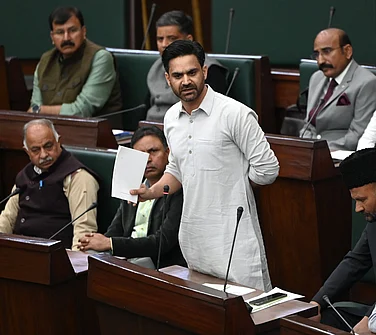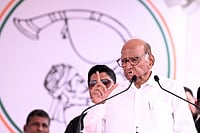External Affairs Minister S Jaishankar on Saturday said that India has been able to maintain its policy of non-alignment in the polarised global scenario by being clear about its own interests and confident of pursuing it.
The country's interests must, however, be "harmonised" with as many players of the international community as is possible, he said and underlined the role of diplomacy in this regard.
The challenge for India to stand by its non-aligned policy is not a new one. “Every time the world polarises, it has its own complications and we are at that stage right now. There are multiple reasons for it, Ukraine being one of them,” the former foreign secretary said interacting with students of IIT-Guwahati here
Polarisation in Asia has completely different reasons and basis, he said but did not elaborate. On India managing its non-aligned stance, Jaishankar said “We have to be clear about our interests and we have to be confident of pursuing it. We have to be skilled to build a narrative and harmonise our interest with as many of the international community as possible.”
To a question on how India views and deals with the changing dynamics in its neighbourhood and counters the Chinese "exploitation" of the scenario, he said it can be tackled with confidence.
He spoke of India’s 'Neighbourhood First' policy in this regard and said that India has been clear on being the "larger lifting tide" for the region.
On challenges from China, he said in most scenarios if one continues doing what is good for themselves, most of the problems are taken care of.
Responding to a specific question on refugees from Myanmar taking shelter in Mizoram, Jaishankar said India is trying to see if it can contribute to fixing the root cause of the problem that has led to the influx.
“Countries far away can give sweeping prescriptions, but living next door has different ramifications … We are making greater effort to solve the political problem in Myanmar. Progress and good governance cannot mean being oblivious of the happenings at the border, ” he said.
He was, however, quick to add "We are not an open house for the rest of the world. It is not in our interest to be so". Jaishankar stressed on the importance of diplomacy in a nation's growth and security saying it was "in a way first line of defence."
“If it (diplomacy) is successful, military is not necessary….But in some cases when military action is absolutely necessary, diplomacy plays an equally important role,” he added.
The goal of diplomacy should be that foreign interactions have an application at home and it has been seen that countries with diplomacy focussed on development has progressed fast, he asserted.
“We (India) had the right ideas but we didn’t follow it up,” he said, adding that under the present regime the focus is on development-oriented diplomacy.
Referring to the measures being taken along with countries bordering north east India in tackling insurgency and crime, Jaishankar said, the region had serious problems of terrorism, narcotics trade and trafficking.
"But when these activities stopped getting support in the neighbouring countries, it made the region more secure," he added. Jaishankar was here to address the conclave of Natural Allies in Development and Interdependence.







